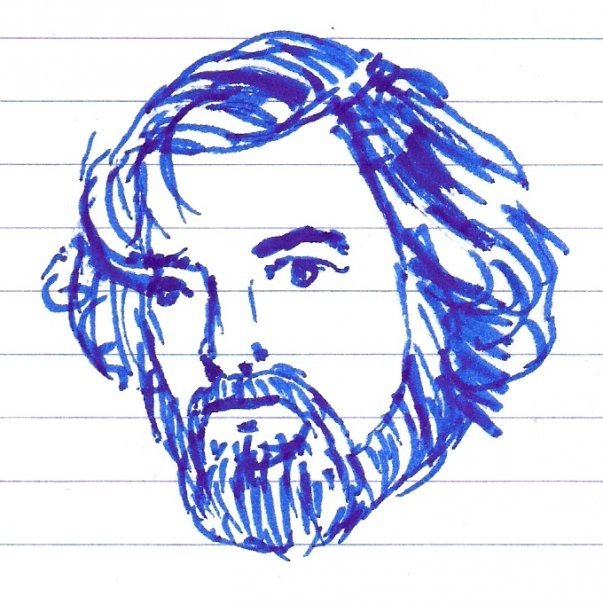 "Drown" by Junot Diaz
"Drown" by Junot Diaz was a gift from a student and her family, OK, let's say Bora. I liked the fact that it shared a title with a song that made me fall head-over-heals in love with music as a teenager and liked the font on the cover (courier). I devoured it, searching for meaning, searching for understanding. From my paradigm, it was a novel that followed a Latino(?) man who immigrated to the US, no in the
next chapter, is this about his dad?
next chapter... is this about maybe his brother or his brother's drug-dealing girlfriend?
next chapter: we're back in the Dominican Republic, so I think this is like maybe his sub-conscious self imagining what life would be like if he hadn't left the DR, no..... now we're in Florida.... waiting for these characters to connect or something, is this chapter about his father? Well, like a dummy, when I finally finished the book and felt like the novel really never connected the dots from chapter to chapter, like the genius that I am I read the back of the book, which explained to me that this was a collection of
short stories about males from the Dominican Rebublic and their immigration stories. Ooooooh, so it wasn't a novel at all and that wasn't the same guy! That explains why the main character had different names in every chapter, was different ages (though in different decades), and (in one chapter) had his face eaten off by swine as an infant and believed he had super-human strength (only to have his face and mortal abilities back in the next chapter). Oh, I get it- those weren't chapters in a novel, but separate short stories: stand-alone. Despite the confusion, upon this back-of-the-book epiphany, I loved the book, felt like I had been a part of several families, and lived several lifetimes. Highly recommended. Highly humbling experience.

Given as a gift by my sister-in-law,
"Tree of Smoke A Novel" by Dennis Johnson (author of "Jesus' Son" I didn't know that until I googled it just now, did you?) has been on my bedside table, shoulder pack, and toilet tank for over 6 months. I'm not gonna pretend. It was the longest book I've ever read. Followed about 20 characters on separate sub-chapters over the course of 20 years, the central-most character being a young CIA agent who essentially organized 3x5 cards in a card catalog at a villa in remote Viet Nam during the war. No hero, no plot line or story, just slices of life from 20 characters. No hero, just bystanders. Yet I liked it, entered a different world in my innermost mind. Willing to admit that I might not have fully understood it or that it honestly might have been smarter than me.
(
NOTE: I am an educated person and hold both graduate and post graduate certificates despite the fact I did not understand the two aforementioned books, which laugh at me from a shelf I built with my own hands.)

Back to my comfort zone on my week off, snuggling up with
Cormac McCarthy and the stomach flu to read
"Child of God". Format: western. Reading level: Gid. Premise is blown in the first paragraph- we are all children of God, even the worst of us, even the main character who is a hermit and serial killer and, later, cave dweller. Protagonist as anti-hero. You get it. I loved it. It speaks to me with American language. Done in two days, restoring my confidence after months with the same book.

Now onto
"To Live's to Fly: The Ballad of the Late, Great Townes Van Zandt" by John Kruth, a present from Sissy. Just read the introduction under my bedside lamp after an SNL re-run and was moved to write this blog entry about this intro and the last few books I've read and the common theme of anti-hero throughout. This fella's book is about an anti-hero: Townes Van Zandt- rogue singer-songwriter. Yet in the intro to his own book, Kruth sites his beginnings as a creative person and biographer as being spawned by Mickey Mantle, Willy Mayes, and the Beatles. Yeah, you and everybody else my parents' age. Where's the danger? How does the
hero turn out to write a book about an anti-hero like TVZ? I loved music like Delta Heymax and thebrotheregg and resent stories about how "life-changing" the Beatles were. That's nice that they changed your life, but they changed every single other American teenager's life in exactly the same way at exactly the same minute of payola-bought airtime. In other words, to sum up this whole thing, here- who is the anti-hero? who gets to write about him? I think heroes get to write about anti-heroes, which is an extreme paradox that hopefully I'll come to understand better than I understand half of the books I read. But for now, though, I'm looking forward to this book about Townes- a songwriter who speaks to me in the most basic American voice and language.
